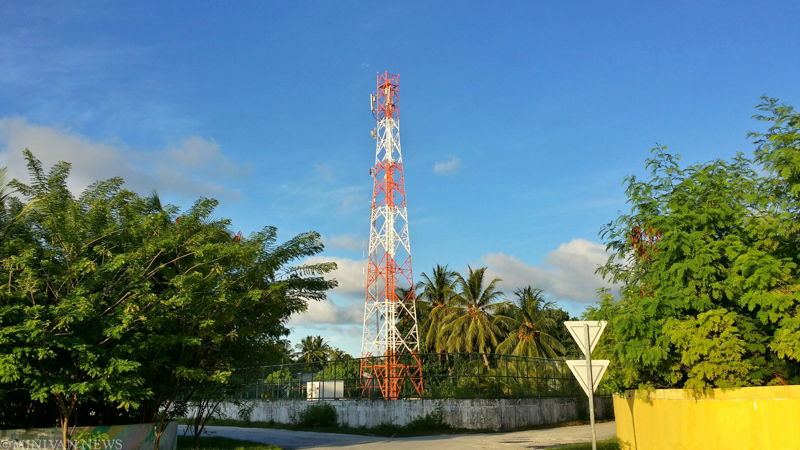The government has terminated an agreement with MVK Maldives Pvt Ltd to provide bus and ferry services in Addu City, and tasked the state-owned Maldives Industrial Fishing Corporation (MIFCO) with providing the public transport services.
The contract with MVK was signed by the Maldivian Democratic Party (MDP) government in 2009 under its Public-Private Partnership policy.
Minister of economic development Mohamed Saeed told the press today that the government has been “receiving numerous complaints regarding the ferry services” in the southernmost atolls.
“The ferry, which was supposed to be running between Addu City and Fuvahmulah has been stopped for almost a year, while the bus services within Addu City have suffered interruptions,” he said.
“That is why we decided to annul the agreement with MVK and hand over the agreement to MIFCO.”
Saeed said that the MDP government’s transport system was built “very irresponsibly” on a loose foundation, alleging that it was intended to provide unlawful gains to certain parties.
A nationwide transport network was one of five main pledges of former President Mohamed Nasheed.
MIFCO is also providing ferry services in the Gaaf Dhaal and Gaaf Alif atolls in the south after former President Dr Mohamed Waheed’s administration terminated an agreement with Trinus-CAE Holdings Pvt Ltd.
MIFCO’s CEO Adlee Ismail said the company’s immediate focus would be to start providing services to the current standard.
“We have to bring buses and other vehicles from abroad. Our aim to bring air-conditioned and modern vehicles,” said Adlee.
Adlee said 30 percent of the company’s fish stocks are from Addu City, and that the company is planning to open a fish processing plant in the Hulhumeedhoo ward early next year.
Turbulent history
MVK was leased a guesthouse in Gan for 50 years in exchange for providing the ferry services.
However, Addu City Mayor Abdulla ‘Soabe’ Sodiq previously told Minivan News that the guest house “which was functioning well when handed over,” is now mostly vacant and neglected.
The guesthouse transaction was later investigated by the Anti-Corruption Commission in 2010, which found that it was awarded illegally.
MVK was also questioned by the parliament’s government oversight committee in September 2014 regarding its failure to provide the transportation services.
At the time, company officials told the committee that plots of land awarded under the initial agreement had not been handed over.
However, the company agreed to resume transportation services, requesting until December 2014 to start the inter-atoll ferry to Fuvahmulah.
Saeed said today that the government has shown a “good example” by cancelling the contract, declaring that it will not hesitate in terminating agreement if there are shortcomings in providing services to the public.
The current administration has already terminated several of the MDP government’s projects, such as the Tatva waste management agreement.
Former president Dr Mohamed Waheed Hassan in 2012 terminated an airport development agreement with Indian infrastructure GMR.
